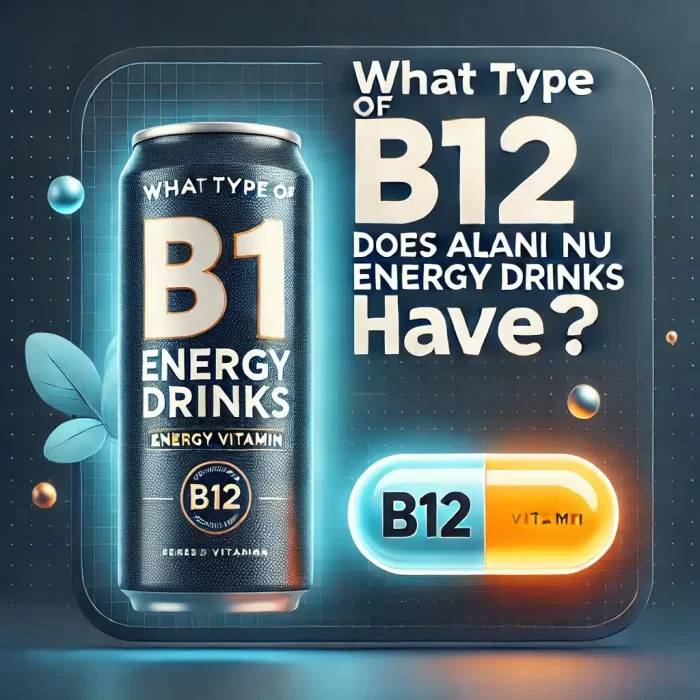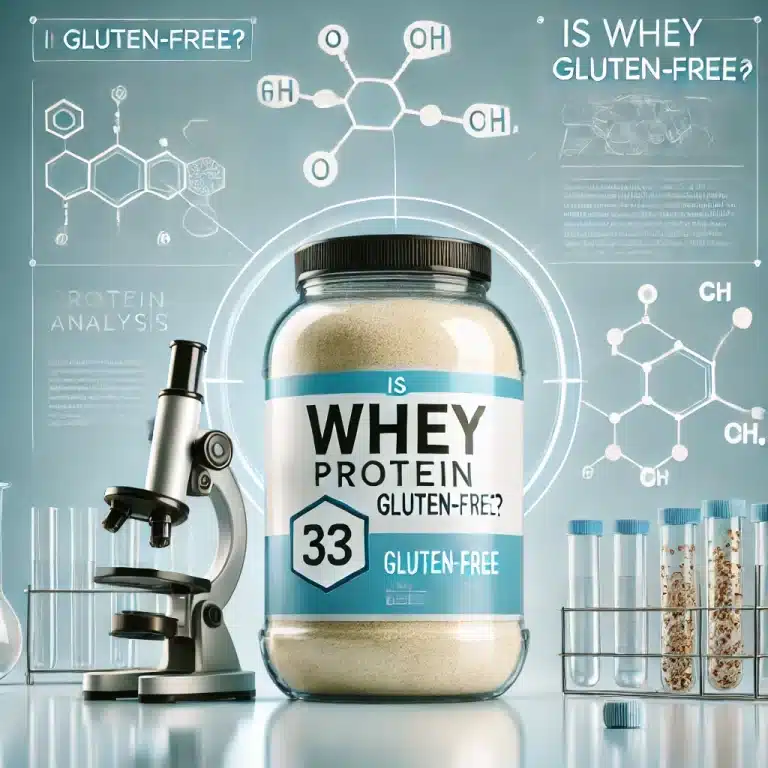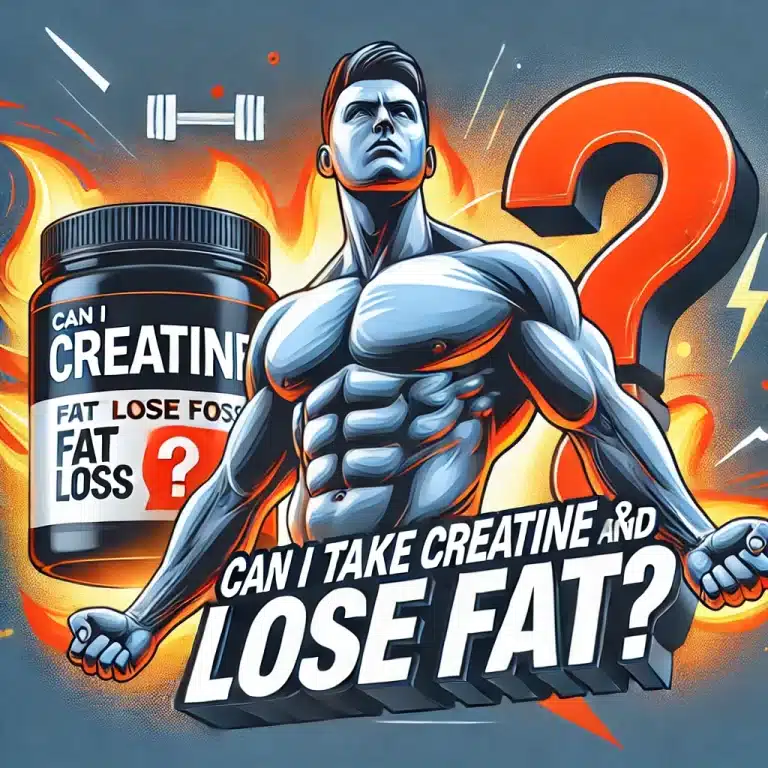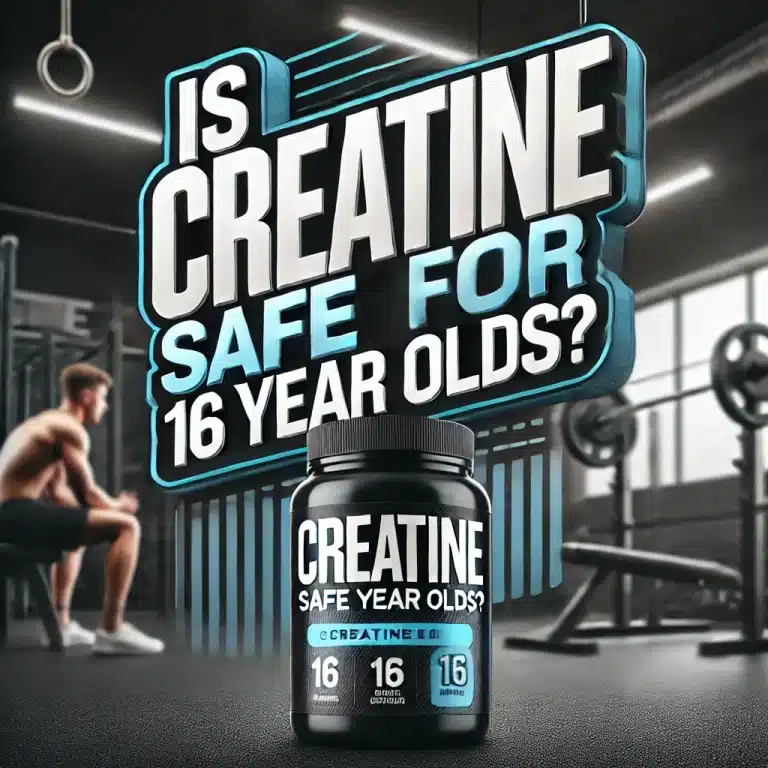What Type Of B12 Does Alanis Energy Drinks Have?
When it comes to energy drinks, one of the key selling points is often Vitamin B12. You’ve probably seen it highlighted on cans, promising to boost energy, support metabolism, and keep you feeling sharp. But what exactly does this vitamin do, and more importantly, what type of B12 does Alani Nu Energy Drink use?
If you’re like me, you probably want to know what you’re putting into your body and whether it’s the best option for you. Not all forms of B12 are created equal, and different types have varying degrees of absorption and effectiveness. Some claim that one form is far superior to others, while manufacturers often choose based on stability and cost-effectiveness.
So, let’s break it down, what type of B12 is in Alani Nu, how does it compare to other forms, and does it make a difference?
Understanding Vitamin B12 in Alani Nu Energy Drinks
Alani Nu energy drinks use cyanocobalamin as their form of Vitamin B12. This is one of the most common and widely used forms of B12 in supplements and fortified foods. While some might argue that other forms like methylcobalamin or adenosylcobalamin are superior, cyanocobalamin is still a highly effective and stable choice.
What Exactly is Cyanocobalamin?
Cyanocobalamin is a synthetic form of Vitamin B12 that the body converts into its active forms, methylcobalamin, and adenosylcobalamin before it can be used. While it doesn’t occur naturally in foods, it is commonly found in dietary supplements and fortified products. It is widely utilized because of its stability, bioavailability, and affordability, making it a popular choice for food and beverage manufacturers.
Unlike other forms of B12 that are naturally occurring, cyanocobalamin contains a cyanide molecule attached to the cobalamin structure. While this might sound alarming, the amount of cyanide present is so small that it poses no health risk. Our body is highly efficient at removing the cyanide molecule and converting cyanocobalamin into its biologically active forms. For perspective, common foods like almonds and flaxseeds contain significantly more cyanide than the trace amount found in cyanocobalamin.
Furthermore, cyanocobalamin is water-soluble, which means that any excess is flushed out of the body through urine rather than accumulating to toxic levels. This makes it a safe and effective source of Vitamin B12 for most individuals, especially those consuming fortified foods or energy drinks like Alani Nu.
Why Does Alani Nu Use Cyanocobalamin?
There are a few reasons why Alani Nu and many other energy drink brands choose cyanocobalamin over other forms of B12:
- Stability: This form of B12 is highly stable and has a longer shelf life, which is crucial for packaged drinks that need to remain effective for months. Unlike methylcobalamin, which can degrade more quickly when exposed to heat or light, cyanocobalamin retains its potency over time, ensuring that consumers receive the intended benefits.
- Cost-Effectiveness: It is more affordable to produce compared to methylcobalamin, making it a cost-efficient option for manufacturers. This affordability allows companies like Alani Nu to offer high doses of B12 without significantly raising production costs or retail prices.
- Efficiency in the Body: While cyanocobalamin is synthetic, the body efficiently converts it into its biologically active forms methylcobalamin and adenosylcobalamin which are required for energy metabolism, nerve function, and red blood cell production. This means that even though the form used in Alani Nu is synthetic, it still provides the same essential benefits as naturally occurring B12.
- Widely Researched and Trusted: Cyanocobalamin has been extensively studied for its safety and effectiveness, making it one of the most commonly recommended forms of B12 in supplements. Numerous clinical studies support its ability to prevent B12 deficiency and maintain healthy neurological function.
- Accessibility for a Wide Range of Diets: Since cyanocobalamin is a synthetic form of B12, it is vegan-friendly. Many plant-based individuals struggle to get enough B12 through diet alone, making fortified products like Alani Nu an accessible source of this crucial nutrient. This is particularly beneficial for those following vegan or vegetarian diets, as naturally occurring B12 is primarily found in animal products.
How Does Cyanocobalamin Function in the Body?
Once ingested, cyanocobalamin undergoes a multi-step conversion process that enables the body to utilize it effectively. The process includes:
- Breaking Down the Cyanide Molecule: The cyanide component of cyanocobalamin is separated from the B12 molecule and excreted harmlessly. This amount is extremely small and poses no significant health risk.
- Conversion into Methylcobalamin and Adenosylcobalamin: The body then transforms cyanocobalamin into two active forms:
- Methylcobalamin: Essential for neurological function, DNA synthesis, and regulating homocysteine levels, which affect heart health.
- Adenosylcobalamin: Plays a crucial role in mitochondrial energy production, helping convert food into ATP (the body’s energy currency).
- Utilization in Key Bodily Functions: Once converted, B12 is used in several vital processes:
- DNA Synthesis and Cell Division: B12 is required for producing new cells, making it essential for growth and repair.
- Neurological Function: It helps maintain the protective myelin sheath around nerves, preventing neurodegenerative disorders.
- Red Blood Cell Formation: B12 deficiency can lead to megaloblastic anemia, characterized by large, underdeveloped red blood cells.
- Metabolism of Fats and Proteins: B12 assists in breaking down fatty acids and amino acids, contributing to overall energy metabolism.
- Brain and Mood Regulation: Some studies suggest that B12 influences neurotransmitters and may help with mood regulation and cognitive function.
How Efficient is This Conversion?
For most healthy individuals, the body efficiently converts cyanocobalamin into its active forms. However, certain factors can impact this process, including:
- Genetic Variations (MTHFR Mutations): Some individuals have genetic mutations that make it harder for their bodies to convert cyanocobalamin into methylcobalamin efficiently. They may benefit from direct supplementation with methylcobalamin.
- Gastrointestinal Disorders: Conditions like Crohn’s disease, celiac disease, or pernicious anemia can interfere with B12 absorption, requiring alternative forms of supplementation.
- Aging: Older adults may produce less stomach acid, reducing their ability to absorb B12 from food and supplements.
Despite these factors, cyanocobalamin remains an excellent choice for most people, as its conversion is generally efficient and provides the same essential benefits as naturally occurring B12.
Who Might Need an Alternative Form of B12?
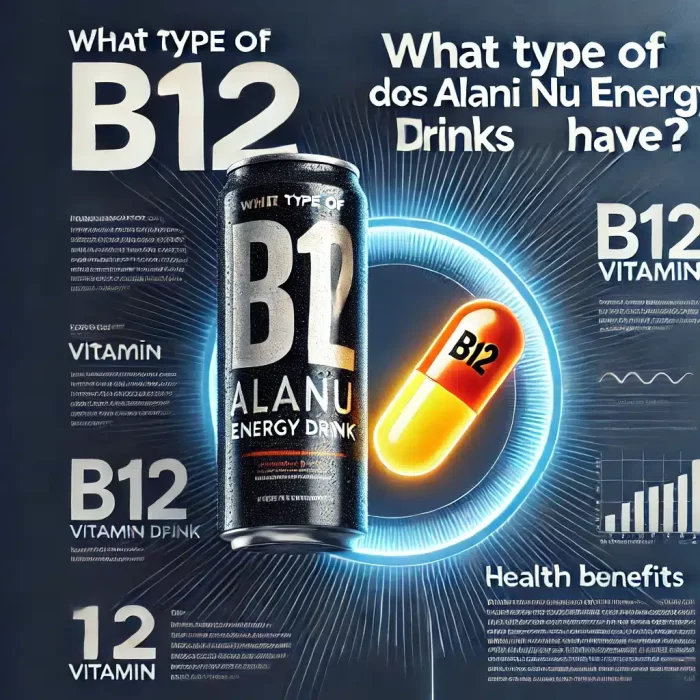
While cyanocobalamin is effective for the vast majority of people, some individuals may benefit from taking methylcobalamin directly. These include:
- People with MTHFR gene mutations can make it harder for the body to convert cyanocobalamin into its active form.
- For individuals with kidney disease, methylcobalamin may be better tolerated in cases of impaired detoxification.
- Those looking for a “natural” form of B12, as methylcobalamin occurs naturally in animal products and some supplements.
For most people, though, cyanocobalamin works just as well once it’s converted in the body.
Cyanocobalamin vs. Methylcobalamin: Which Is Better?
Some people prefer to take methylcobalamin, claiming it is the more “natural” form of B12 since it is already active in the body. However, both cyanocobalamin and methylcobalamin serve the same essential purpose helping your body produce energy, support brain function, and maintain red blood cell production.
Here’s how they compare:
| Feature | Cyanocobalamin | Methylcobalamin |
|---|---|---|
| Stability | More stable, longer shelf life | Less stable, degrades faster |
| Absorption | Requires conversion in the body | Already in active form |
| Cost | More affordable | More expensive |
| Efficiency | Works effectively for most people | Some may absorb it better |
While methylcobalamin is often touted as being superior, studies suggest that for the average person, cyanocobalamin works just as well after the body converts it.
Why Does B12 Matter in Energy Drinks?
Vitamin B12 is a powerhouse nutrient that plays a crucial role in energy production, nerve function, and red blood cell formation. That’s why it’s a staple ingredient in most energy drinks, including Alani Nu.
Here’s what B12 does for you:
- Boosts Energy Production: Helps your body convert food into usable energy.
- Supports Brain Health: Aids in cognitive function and prevents brain fog.
- Prevents Fatigue: A deficiency in B12 can lead to tiredness, weakness, and anemia.
- Enhances Mood: Some studies suggest B12 plays a role in neurotransmitter function, influencing mood and stress levels.
How Much B12 Is in Alani Nu Energy Drinks?
Each can of Alani Nu Energy contains 900mcg of Vitamin B12 (cyanocobalamin). This is a whopping 37,500% of the daily recommended intake! Before you panic about overdosing, don’t worry, B12 is a water-soluble vitamin, meaning your body will flush out any excess through urine.
However, if you take additional B12 supplements or consume multiple energy drinks daily, it’s always good to be mindful of your intake and consult a healthcare provider if needed.
Is Cyanocobalamin Safe?
Yes! Cyanocobalamin is considered safe for consumption and has been used in fortified foods and supplements for decades. While some people worry about the “cyano” part of cyanocobalamin (which relates to a cyanide molecule), the amount is so tiny that it poses no health risk. You get more cyanide exposure from eating almonds or certain fruits than from B12 supplements!
That said, if you have a genetic mutation (such as MTHFR) that affects how your body processes B12, methylcobalamin may be a better choice for you. But for the vast majority of people, cyanocobalamin works just fine.
Comparison: Alani Nu vs. C4 Energy vs. Bang Energy
When it comes to energy drinks, Alani Nu isn’t the only one that contains B12. Let’s take a closer look at how it compares to C4 Energy and Bang Energy, two other popular energy drinks on the market.
| Feature | Alani Nu | C4 Energy | Bang Energy |
|---|---|---|---|
| Vitamin B12 Type | Cyanocobalamin | Methylcobalamin & Cyanocobalamin | Cyanocobalamin |
| B12 Dosage Per Can | 900 mcg (37,500% DV) | 6 mcg (250% DV) | 1.5 mcg (60% DV) |
| Other Key Ingredients | Caffeine, L-theanine, Electrolytes | Beta-Alanine, Caffeine, Nitrate Boosters | CoQ10, EAAs, Super Creatine |
| Caffeine Content | 200mg | 200mg | 300mg |
| Sugar Content | 0g (Artificial Sweeteners) | 0g (Artificial Sweeteners) | 0g (Artificial Sweeteners) |
| Best For | Balanced energy with a focus on wellness and hydration | Pre-workout performance and endurance | High-stimulant energy boost with muscle recovery focus |
| Who Should Drink It? | Fitness enthusiasts, casual energy drinkers | Gym-goers, athletes, endurance trainers | Heavy caffeine users, bodybuilders, extreme energy seekers |
Which One is Better?
- If you want a strong dose of B12, Alani Nu delivers the most per can, making it an excellent choice for those looking to maximize their intake of this vitamin.
- If you prefer a mix of B12 forms, C4 Energy includes both methylcobalamin and cyanocobalamin, which may be beneficial for those who have trouble converting cyanocobalamin efficiently.
- If you need the strongest caffeine boost, Bang Energy wins with 300mg per can, but it may not be suitable for caffeine-sensitive individuals.
Each of these drinks serves a different purpose, so choosing the right one depends on your needs. Alani Nu is great for a clean energy boost with high B12 content, while C4 Energy is ideal for performance, and Bang Energy is for extreme energy seekers.
Final Thoughts: Should You Worry About the Type of B12 in Alani Nu?
Honestly, no. Cyanocobalamin is a perfectly effective and safe form of B12. While some energy drinks may use methylcobalamin, the difference in effectiveness for most people is minimal.
If you’re drinking Alani Nu for an energy boost, the 900mcg of cyanocobalamin will do its job in supporting metabolism and energy levels. As always, moderation is key, while B12 itself isn’t harmful in high doses, consuming too many energy drinks in a day might lead to excessive caffeine intake, which can have negative effects.
So, enjoy your Alani Nu, stay hydrated, and keep an eye on your overall vitamin intake. If you ever feel unsure about your nutrient levels, a quick chat with a doctor or a blood test can help you determine if you need adjustments.
